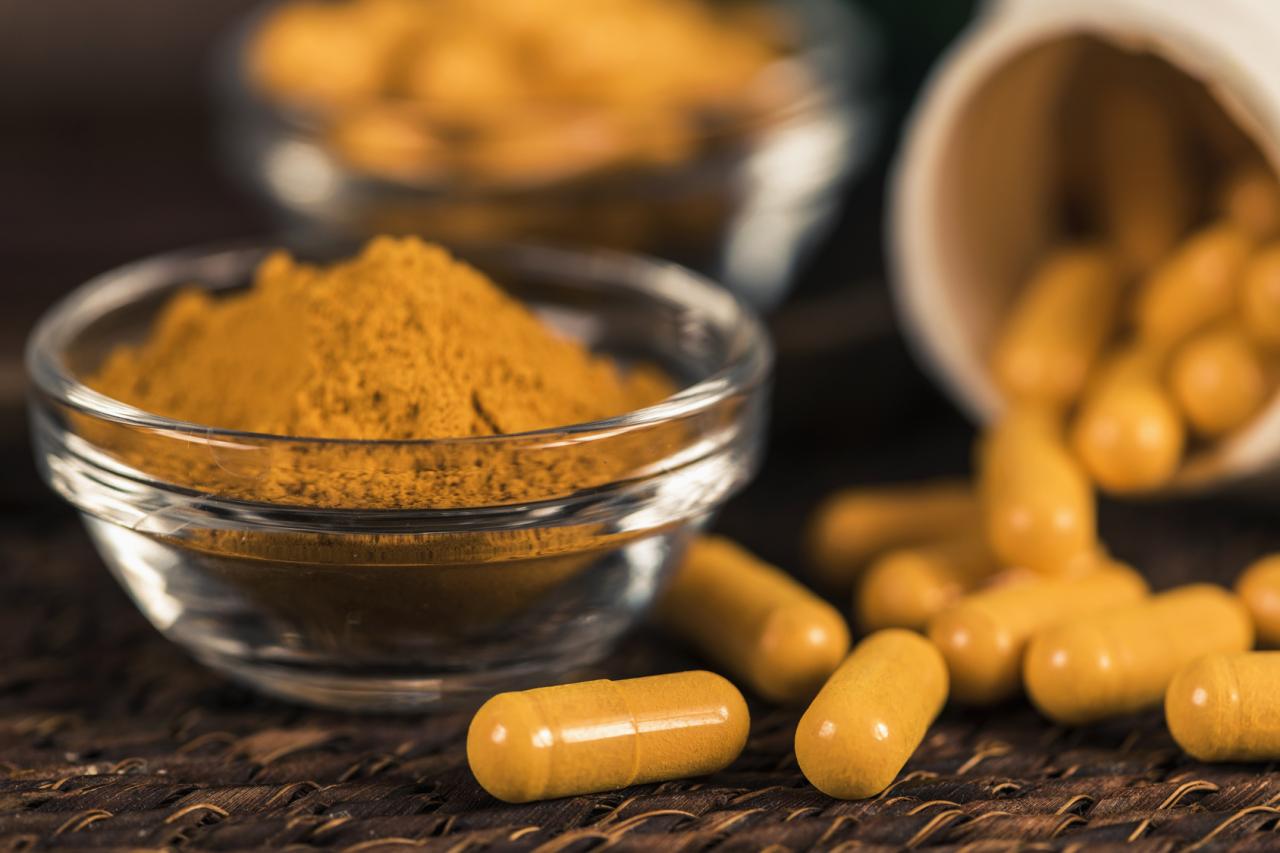Polycystic kidney disease, or PKD, is the most common inherited renal disease. In the United States, 5,000 to 6,000 new cases are diagnosed each year. Typically 90% to 95% have a family history of the disease. There is currently no cure, but the progression of the disease can be slowed with treatment. Research studies are in progress.
The main feature of PKD is multiple cysts, or fluid-filled sacks, in the kidneys. Cysts may also develop in other organs. About 80% of PKD patients also get cysts in the liver, and 10% get cysts in the pancreas. Other symptoms of this disease are cardiac valve abnormalities, hernias (umbilical, hiatal, and inguinal, as well as diverticulae of the colon), and intracranial aneurysms. A “sentinel” or “thunderclap” headache signals a leaking aneurysm causing irritation of the brain tissue. The aneurysm may rupture soon after the start of this severely painful headache, so PKD patients should seek emergency care immediately.
There are two major types of PKD, caused by mutations in different genes. About 85% of PKD is attributed to mutations in the gene PKD1. For these patients, the cysts first appear in their 20s, and the disease progresses to end stage renal disease by their 50s. For the remaining 15%, the mutation is in gene PKD2, and the disease progresses more slowly, so that end stage renal disease develops in their 70's. Genetic testing is available.
Uncontrolled high blood pressure is a key factor in the rate of progression of all kidney disease. The target blood pressure is 110 to 130 over 70 to 80 (mmHg). Other risk factors for rapid kidney failure in PKD include male sex, onset of high blood pressure before age 35, blood in the urine before age 30 in men, and for women, three or more pregnancies.
The current treatment includes three dietary recommendations:
1.Drink 3 liters of water per day,
2.Avoid caffeine and methylxanthines (similar to caffeine, found in chocolate)
3.Eat a low-sodium diet, < 2,300 mg/day.
Medication is used primarily to control high blood pressure. However, 36 research studies are currently in progress to test other drug and dietary options. You can check them out at http://www.clinicaltrials.gov.
by Linda Fugate, Ph.D.
Reference:
Braun WE, “Autosomal dominant polycystic kidney disease: Emerging concepts of pathogenesis and new treatments”, Cleveland Clinic Journal of Medicine, February 2009; 76(2): 97-104.






Add a Comment6 Comments
Anything that can be done to help with this disease would be wonderful. I have PKD and have lost a father three brothers an aunt and most recently a son. I was fortunate enough to receive a transplant 25 years ago at the Cleveland Clinic and am grateful for that. I have another son who's been on dialysis for two and a half years now. Like so many families, we are grateful for Dr. Braun and the Cleveland Clinic and for the Polycystic Kidney Foundation.
September 23, 2009 - 7:04amThis Comment
how do you get in to the foundation
October 29, 2010 - 10:31amThis Comment
Sherrie, You can find out more about the foundation at their website: http://www.pkdcure.org/
October 29, 2010 - 5:29pmThis Comment
Thank you for this information. Another useful site is
September 22, 2009 - 5:07pmhttps://www.google.com/health/ref/Polycystic+kidney+disease
This Comment
Thanks to dedicated doctors like Dr. William Braun at the CCF we are learning more about this giving disease (genetic - generation afflicted). Hope is just around the corner. To learn more contact the PKD Foundation @ PKDCURE.org
September 22, 2009 - 6:06amNan Robison, Canton, OH
This Comment
I thinke that we neen to do more reseach on this polycystic my faimly has it and the kids my husban had it to there as to be a way that we can come up with somthing i can't stand it to know that my stepkids can died of this they just lost there dad ucle over this i did't have a ide what this was untill i got to read all about this i would like to help in any way with it
October 29, 2010 - 10:20amThis Comment